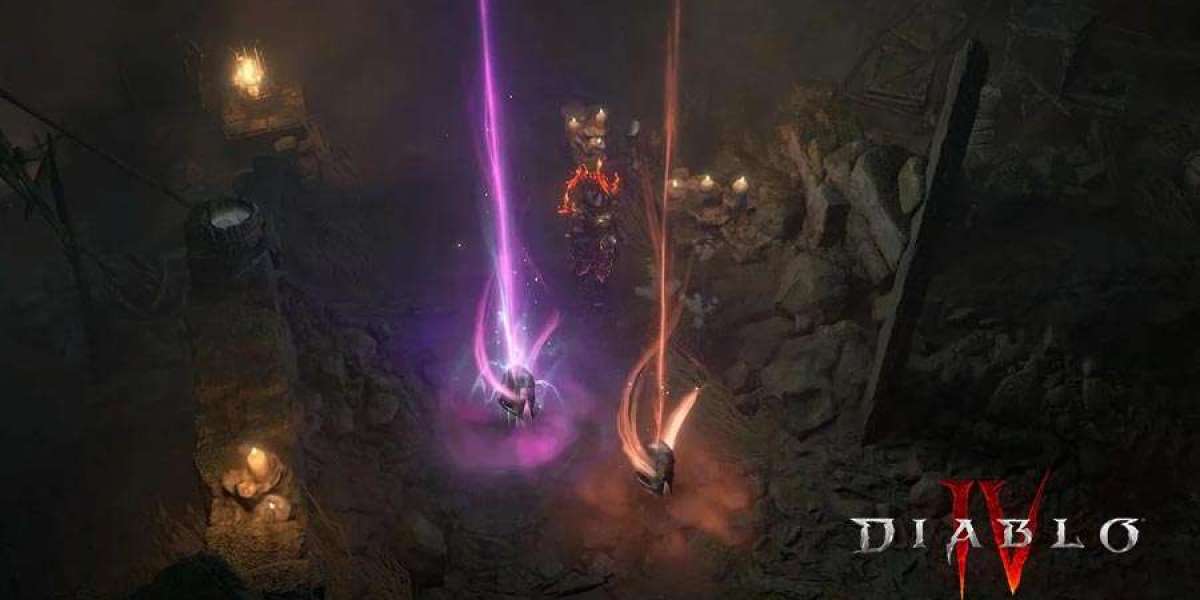As electric vehicles (EVs) grow more popular, many owners want the fastest charging possible at home. The idea of installing a DC fast charger that can juice up your EV in under an hour right in your garage sounds amazing, right?
But here’s the short answer: You typically cannot install a DC fast charger at home. Let’s explore why — and what your best home charging options really are.
Understanding EV Charging Levels
EV chargers come in three main levels:
Level 1: Standard AC Charging (120V)
Power source: Regular household outlet
Charging speed: Very slow (~3-5 miles of range per hour)
Installation: Just plug in—no special setup needed
Best for: Drivers with light daily use who can charge overnight
Level 2: Fast AC Charging (240V)
Power source: Dedicated 240V outlet (like for dryers or ovens)
Charging speed: Much faster (~25-30 miles of range per hour)
Installation: Requires professional electrician for outlet and charger installation
Best for: Most EV owners who want a practical, daily home charging solution
Level 3: DC Fast Charging (480V+)
Power source: Industrial three-phase power, direct DC output
Charging speed: Extremely fast (up to 80% charge in 20-30 minutes)
Installation: Requires commercial-grade equipment, heavy electrical upgrades, and permits
Best for: Commercial stations, highways, and fleet operators
Why You Can’t Have a DC Fast Charger at Home
Massive Power Demand
DC fast chargers draw between 50 kW and 350+ kW — tens or hundreds of times the average home’s power capacity. Residential electrical systems aren’t built to handle this load.High Equipment and Installation Costs
A commercial DC fast charger costs $10,000–$50,000+ just for the unit, plus costly upgrades, permits, and installation. Compare that to a Level 2 charger that typically costs under $2,000 with installation.Complex Electrical Requirements
Installing DC fast chargers demands:
Access to three-phase power (rare in homes)
Dedicated transformers or substations
Extensive electrical system upgrades and inspections
Safety and Regulations
High-voltage DC charging requires strict safety standards, trained personnel, and industrial zones. Residential areas aren’t designed for such equipment.
The Best Home Charging Solution: Level 2 Chargers
Level 2 chargers offer an ideal balance of speed, cost, and convenience for home use:
Charge your EV overnight with 25–30 miles of range added per hour
Most EVs are compatible with Level 2 charging
Requires only a 240V outlet and a wall-mounted charger
Installation is straightforward with a licensed electrician
Many utilities offer rebates to help offset costs
What About Portable DC Chargers?
Some portable units claim to offer DC fast charging at home, but these are mostly experimental, with downsides like:
Very high costs
Limited battery capacity
Slow recharge times for the charger itself
Lower efficiency than grid-powered chargers
These are more suited for emergency backup than everyday use.
Will Home DC Fast Charging Become Possible?
Future technology advancements—like solid-state batteries, smart grids, and solar+storage integration—may one day bring affordable, compact DC fast charging to homes. For now, though, it remains impractical.
Quick Summary: EV Charging Levels
| Level | Power Source | Voltage | Speed | Installation | Best Use |
|---|---|---|---|---|---|
| 1 | Household outlet | 120V | ~3-5 miles range per hour | None | Light, overnight use |
| 2 | Dedicated outlet | 240V | ~25-30 miles range per hour | Electrician installation | Daily home charging |
| 3 | Commercial grid | 480V+ | 80% charge in 20-30 minutes | Industrial, complex install | Public, commercial use |
Final Thoughts
You don’t need a DC fast charger at home to enjoy convenient, reliable EV charging. Level 2 chargers are affordable, efficient, and perfect for everyday use — getting your vehicle ready by morning without breaking the bank or overhauling your electrical system.
If you’re considering installing a home charger, consult a licensed electrician and explore local utility incentives. Your ideal home EV charging setup is well within reach today—no need to wait for DC fast charging at home.
Know more about Google SEO Directory








